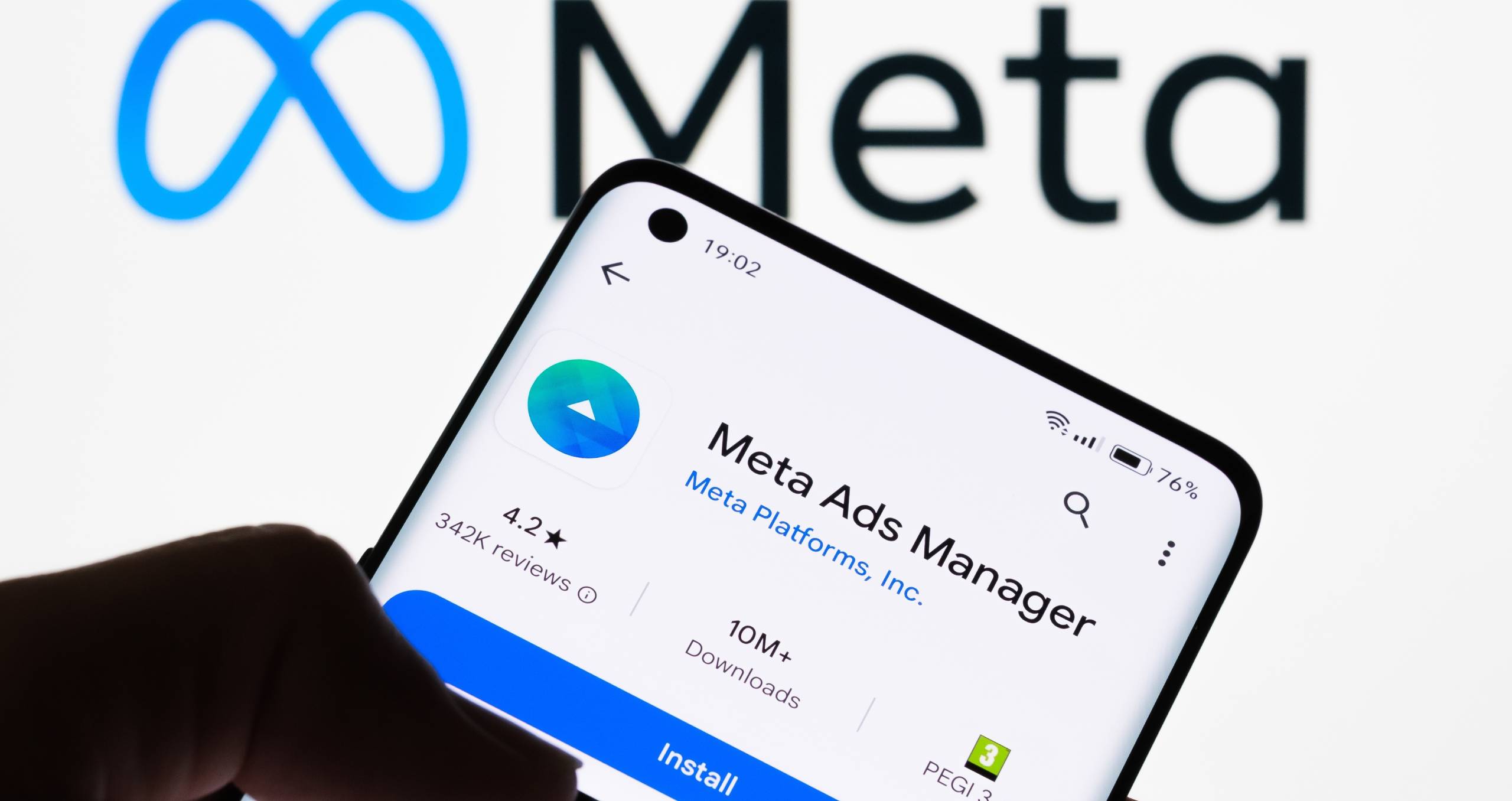The European digital ecosystem is experiencing a new turning point. Since the beginning of this month, the rules of the game have changed for everyone who plans or disseminates campaigns on social media. Meta, the giant behind Facebook and Instagram, has announced that it will no longer allow paid advertisements or promotion of political, electoral or social issues in the European Union.
This news has shaken up the advertising industry, which was accustomed to using Instagram and Facebook as direct channels to generate conversation among users.
A change coming from Brussels
This change in the American giant’s policies is a direct consequence of the new European TTPA (Transparency and Targeting of Political Advertising) regulation.
The regulation, approved in 2024 and applicable since October, seeks greater transparency in political advertising and greater protection for citizens against the manipulation or misuse of their personal data.
The TTPA requires that any political or social issue advertisement carry visible labels, be publicly archived, and that targeting based on sensitive personal data can only be done with explicit consent.
Why does this change affect Meta? This new European regulation makes it very difficult to control what can and cannot be advertised, so to cover its back, Meta has decided to take drastic measures and ban all types of advertisements that fall within the political or social sphere.
Meta steps down from the political arena
In July 2025, the news broke that all paid political, electoral and social affairs advertisements in the European Union would be suspended.
The measure will affect both campaign messages from parties and candidates and advertisements from social organisations or citizen causes on issues such as health, the environment, migration, human rights and the economy.
In simple terms: if your message seeks to influence public opinion on a social or political issue, you will no longer be able to promote it by paying Meta.
So, what can be done?
Paid advertising will no longer be part of the strategies of political parties, public administrations or NGOs, so companies and agencies will have to opt for other techniques to capture the attention of followers:
- Organic posts will still be permitted. Politicians, parties, media outlets, and activists will still be able to discuss their issues without investing in advertising. The conversation will continue, but it will depend more on organic reach, creativity, and the ability to build community.
- Commercial campaigns will not be affected. Brands promoting products or services without political or social references will be able to continue advertising as normal.
- News outlets will still be able to publish editorial content, although if that content is promoted through paid advertisements and addresses social or political issues, it could fall into a regulatory grey area.
Ultimately, the limitation is not on the type of organisation, but on the purpose of the message: if it seeks to influence political or social opinion, it will no longer be able to promote itself with money.
What lies behind: transparency, data and trust
With this change, a significant portion of digital advertising that for years served to connect institutions, parties, and social movements with citizens will disappear.
There will no longer be paid advertisements to promote voting, explain a law, promote an environmental cause, or raise awareness of a social campaign.
Even NGOs and foundations will have to scrutinise whether their communications fall within the category of ‘social issues’.
The aim of the TTPA regulation is clear: to prevent the opacity and political micro-segmentation that have characterised digital campaigns over the last decade. Brussels wants to ensure that citizens know who is behind each political message and how personal data is used to target it.
For Meta, however, complying with these requirements entails an administrative burden and legal risk that is difficult to manage across the 27 Member States. Hence its decision to withdraw from political advertising rather than break the law.
What this means for agencies and advertisers
For media agencies, this new scenario represents a fundamental strategic shift.
Campaigns that previously relied on Meta’s reach and precision will have to reinvent themselves: focusing on organic communication, collaboration with traditional media, content marketing, or presence on platforms that do allow political advertising under more flexible local frameworks.
It will also be essential to review what is considered a ‘social issue’, as the concept is broad and covers sensitive topics that may even arise in corporate responsibility or sustainability campaigns.
Meta closes the door on paid political and social advertising in the EU, ushering in a new era for institutional and cause-related communication.
The debate will not disappear from social media, but it will be transformed: less investment, more creativity, and a return to genuine conversation between citizens.
The challenge for agencies and advertisers will be to adapt without losing impact, rethinking how to tell stories that continue to connect with people, now without the boost of the ‘Promote post’ button.



